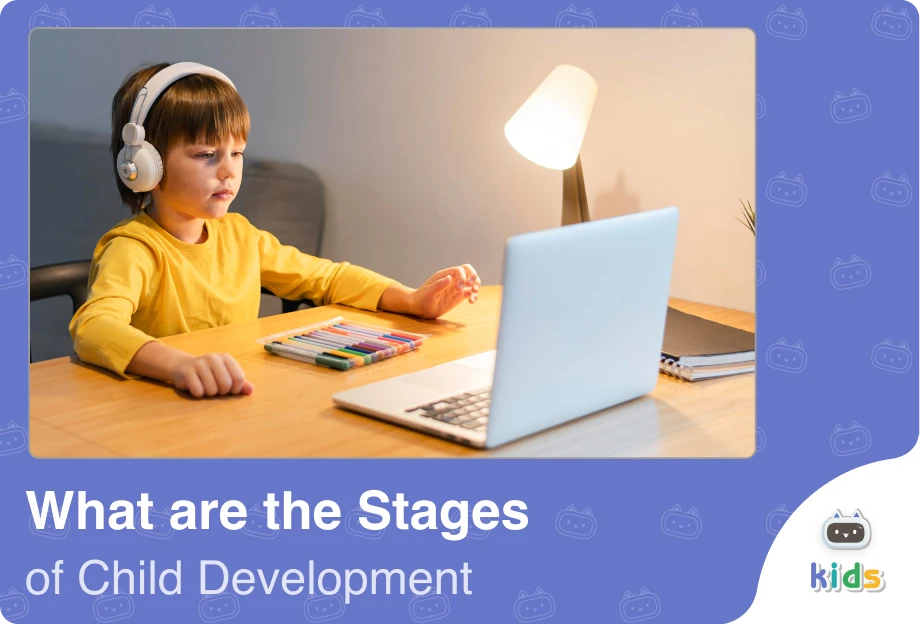Australian slang is more than just a collection of words; it’s a reflection of the country’s unique culture and identity. From “g’day” to “mate,” these informal expressions are an integral part of everyday Australian communication. They not only simplify language but also foster a sense of camaraderie and belonging among Aussies.
Whether you’re planning a visit, curious about language diversity, or simply fascinated by linguistic quirks, join us on a journey through the colorful world of Australian vernacular.
What is Slang? And When Do You Use Slang?
Slang includes words, phrases, and expressions that are not typically found in formal language or standard dictionaries. It often develops within specific social groups or communities and can change rapidly over time. Slang tends to be more prevalent in
spoken language than in formal writing.
-Informal Settings: Slang is most commonly used in casual conversations among friends, family, or peers. It helps create a relaxed and familiar atmosphere.
-Expressing Identity: Slang can reflect cultural identity, regional affiliation, or group membership. It’s a way for people to bond and assert their belonging to a particular community.
-Conveying Emotion or Attitude: Slang often carries nuances that standard language might not capture as effectively. It can express humor, emphasis, or a specific tone.
-Making Language More Colorful: Slang adds variety and richness to language, making communication more dynamic and engaging.
When to Be Cautious with Slang:
-Formal Settings: Avoid using slang in formal or professional contexts such as interviews, presentations, or formal writing. It may come across as unprofessional.
-Respectful Communication: Be mindful of cultural or personal sensitivities when using slang, as some terms can be offensive or inappropriate in certain contexts.
Australian Slang Terms You Should Know
We prepared some of the most used Australian slang terms:
| Aussie slang word/phrase | Meaning |
| Ankle biter | Child |
| Arvo | Afternoon |
| Aussie salute | Wave to scare the flies |
| Avo | Avocado |
| Bail | To cancel plans |
| Barbie | Barbecue |
| Bathers | Swimsuit |
| Beauty | Great! Most often exclaimed as “You Beauty” |
| Billabong | A pond in a dry riverbed |
| Billy | Teapot |
| Bloody | Very. Used to extenuate a point |
| Bloody oath | Yes, or it's true. |
| Bludger | Someone who’s lazy, generally also who relies on others (when it’s someone who relies on the state they’re often called a ‘dole bludger’) |
| Bogan | Someone who’s not very sophisticated |
| Booze bus | Police vehicles used to catch drunk drivers |
| Bottle-O | Liquor shop: a place to buy alcohol |
| Brekkie | Breakfast |
| Brolly | Umbrella |
| Buggered | Exhausted |
| Bush | “Out in the bush” – “he’s gone bush” In the countryside away from civilization |
| Cactus | Dead, Broken |
| Choccy biccy | Chocolate biscuit |
| Chook | Chicken |
| Chrissie | Christmas |
| Cobber | Very good friend |
| Coppers | Policemen |
| Crikey | An expression of surprise |
| Dag | Someone who’s a bit of a nerd or geek |
| Daks | Trousers. ‘Tracky daks’ = sweatpants (tracksuit pants) |
| Deadset | TRUE |
| Defo | Definitely |
| Devo | Devastated |
| Drongo | A Fool |
| Dunny | Toilet |
| Facey | |
| Furphy | Rumors or stories that are improbable or absurd |
| G’day | Good day |
| Gnarly | Awesome |
| Good on ya | Good work |
| Hard yakka | Hard work |
| Heaps | Loads, lots, many |
| Iffy | Bit risky or unreasonable |
| Lappy | Laptop |
| Lollies | Sweets |
| Maccas | McDonalds |
| Mozzie | Mosquito |
| No drama | No problem / it’s ok |
| No worries | No problem / it’s ok |
| Pash | To kiss |
| Piece of piss | Easy |
| Piss off | Go away, get lost |
| Rapt | Very happy |
| Reckon | For sure |
| Rellie / Rello | Relatives |
| Rooted | Tired or broken |
| Runners | Trainers, sneakers |
| Sanger | Sandwich |
| Servo | Service station / garage |
| Sheila | A woman |
| Shoot through | To leave |
| Sick | Awesome |
| Snag | Sausage |
| Stoked | Happy, pleased |
| Straya | Australia |
| Strewth | An exclamation of surprise |
| Stubby | A bottle of beer |
| Stuffed | Tired |
| Sunnies | Sunglasses |
| Tea | Dinner |
| Tinny | Can of beer or small boat |
| Thongs | Flip flops |
| True Blue | Genuinely Australian |
| U-IE | To take a U-Turn when driving |
| Up Yourself | Stuck up |
| Ya | You |
| Yous (youse) | Plural you! |
Sentence Examples
And we also prepared a few sentences to show you how these phrases are used in context:
1.Let’s meet up in the arvo to go to the beach.
2.We’re having a barbie this weekend. Wanna come?
3.I’m going to make us a big brekkie tomorrow morning.
4.He’s a bit of a bogan, but he’s a good mate.
5.The booze bus is out tonight, so drive carefully.
6.Grab a choccy biccy with your tea.
7.I can’t wait for Chrissie this year; we’re going to Sydney.
8.Where’s the nearest dunny?
9.I saw the party photos on Facey.
10.You finished the project on time? Good on ya!
11.That was some hard yakka moving those boxes.
12.The mozzies are really bad near the river.
13.They had a pash at the party last night.
14.I need to grab my runners before we head out for a run.
15.Stop by the servo to fill up the tank.
16.I’m stoked about my new job!
17.Don’t forget your sunnies; it’s going to be bright out there.
18.I’m wearing my thongs to the beach today.
19.Don’t get all up yourself just because you won the award.
20.Hey ya! What are you doing?
Frequently Asked Questions About Australian Slang Words
What is Australian slang?
Australian slang refers to informal language and unique expressions that are commonly used in Australia. It often includes abbreviations, playful terms, and idiomatic phrases that might be unfamiliar to those outside the country.
Why do Australians use so much slang?
Slang is deeply ingrained in Australian culture as a way to create camaraderie, express humor, and differentiate local identity. It can also serve to simplify communication and create a sense of belonging among Australians.
Is Australian slang the same across the country?
While many slang words are widely understood across Australia, there can be regional variations and new terms emerging over time. Certain slang might also be more prevalent in specific states or cities.
Are there slang words specific to certain demographics in Australia?
Yes, slang can vary depending on factors like age, occupation, and cultural background. For example, surfers might use different slang compared to urban dwellers, and younger Australians might use slang differently than older generations.
Would you like to put what you have learned into practice? You can access everything you need to learn English on a single platform! With 25-minute one-on-one live English lessons, 40-minute group lessons, more than 30,000 interactive videos, vocabulary learning tools, AI-supported tutor MiMi, quizzes, and interactive activities, EnglishCentral offers its users a personalized and quality education plan at an affordable price. How about registering for EnglishCentral now and starting to learn English?











